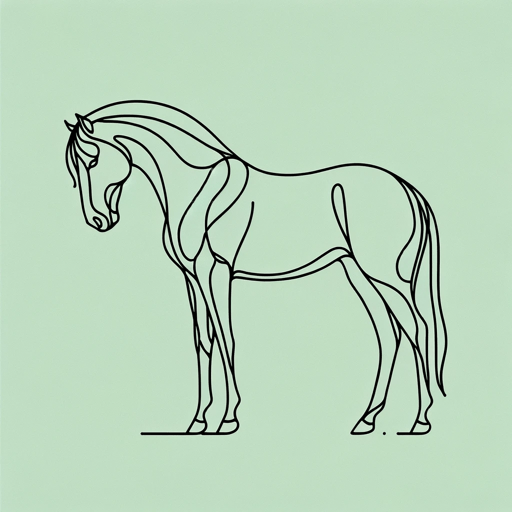63 pages • 2 hours read
James WelchWinter In The Blood
Fiction | Novel | Adult | Published in 1974A modern alternative to SparkNotes and CliffsNotes, SuperSummary offers high-quality Study Guides with detailed chapter summaries and analysis of major themes, characters, and more.
Important Quotes
“The old lady imagined that the girl was Cree and enemy and plotted ways to slit her throat. One day the flint striker would do; another day she favored the paring knife she kept hidden in her legging. Day after day, these two sat across from each other until the pile of movie magazines spread halfway across the room and the paring knife grew heavy in the old lady’s eyes.”
(Part 1, Chapter 1, Page 4)
Though early in the novel, this sentence establishes a number of themes and conflicts that will be developed throughout. One of these is the way memory shapes experience, in that the grandmother’s grudge against the Cree people has carried over into a new era where old rivalries no longer hold the same relevance. This quote also demonstrates how two people can be physically close but so distant in their silence.
“Lame Bull had married 360 acres of hay land, all irrigated, leveled, some of the best land in the valley, as well as a 2000-acre grazing lease. And he had married a T-Y brand stamped high on the left ribs of every beef on the place. And, of course, he had married Teresa, my mother. At forty-seven, he was eight years younger than she, and a success. A prosperous cattleman.”
(Part 1, Chapter 7, Page 10)
The narrator’s cynical analysis of his mother’s marriage functions on two levels: the first, his belief that the union is a result of Lame Bull’s ambition and cleverness; the second lies in his assessment of the ranch and land as valuable and worthy of pride. This contradicts his earlier description of the land as dry, isolated, and distant.
“She said this gently, perhaps to ease my guilt, if I still felt any, or perhaps because ducks do not matter. Especially those you win at the fair in Dodson.”
(Part 1, Chapter 8, Page 12)
The narrator is dismissive of the idea of feeling guilt over the ducks’s deaths, but the memory lingers for him. It echoes the narrator’s recollection of having killed Buster Cutfinger’s dog while drunk (Chapter 1, Page 2) and the unacknowledged guilt he still feels for Mose’s death (Chapter 37, Page 115).


